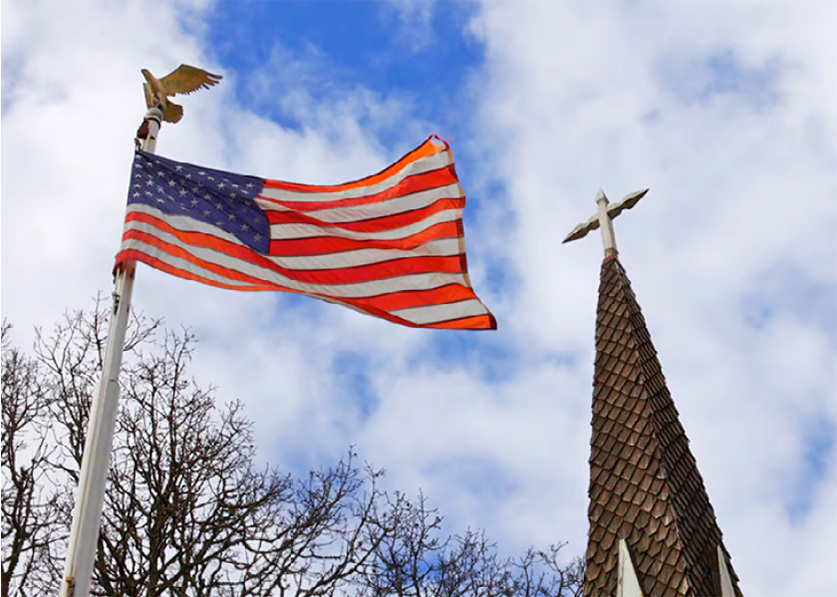Arbitration Intersects Religion
In August 2019, the Church of Scientology (“Church”) was sued in California, where it was alleged to have engaged in a campaign of harassment and intimidation against some of its former members. The allegations of harassment and intimidation stem from reported sexual assault allegations against one the Church’s prominent members, who is facing criminal charges in the fall. The Church attempted to enforce an arbitration agreement that the accusers signed when they joined the Church, and which requires all claims to be settled by a Church-run arbitration process. Though the accusers had left the Church, the California trial court upheld the arbitration agreement.
However, in January 2022, the California Court of Appeal overturned that decision based on the accusers’ First Amendment right to leave the faith. The Court of Appeal pointed to the fact that the allegations were tortious and did not implicate the resolution of Church related issues.
The Church appealed to the California Supreme Court to review the case, but it was denied review. The Church has petitioned the United States Supreme Court for review, claiming that the ruling amounts to religious discrimination because the ruling to does not apply to secular arbitration agreements. If heard by the Supreme Court, the case could have an impact on other religious arbitration agreements used by the three major monotheistic religions to make determinations based on religious law.

Governor DeSantis sacks a Tampa State Attorney
On August 4, 2022, Governor DeSantis suspended the Hillsborough State Attorney, sending a strong message to state attorneys around the State of Florida. According to the Governor, Hillsborough State Attorney Andrew Warren was suspended due to neglect of duty, specifically the Governor’s concern that State Attorney Warren would not enforce criminal laws involving the State’s abortion ban.
Governor DeSantis suspended State Attorney Warren pursuant to Article IV, section 7 of the Florida Constitution, which authorizes the Governor to suspend state officials for various reasons, including neglect of duty. Governor DeSantis has appointed a Hillsborough County Judge, Susan Lopez, who was a former assistant state attorney in Mr. Warren’s office, to serve as the State Attorney during the suspension.
This suspension has created significant controversy given the underlying reasoning of the Governor and the intense abortion debate that is taking place nationwide. State Attorney Warren was suspended for preemptively making blanket statements that he would not enforce the ban.
However, he had not taken steps to act on his statements since no case had come before him. State Attorney Warren is challenging the Governor’s authority to suspend him, and he will certainly raise the First Amendment implications surrounding his statements and the Governor’s action. The ultimate decision on reinstatement could be made by the Florida Senate, which typically handles the appeals of such suspensions.
If the Florida Senate does address this matter, it must do so before the end of the next legislative session in May 2023. However, the case can be taken to court to challenge the suspension, and State Attorney Warren has alluded that he will do so. This case will be closely watched, as Governor DeSantis’ suspension of a State Attorney over an expressed unwillingness to enforce criminal abortion laws is likely just the start of disputes around the country between governmental officials regarding the interplay between legislation and prosecutorial discretion over abortion.

